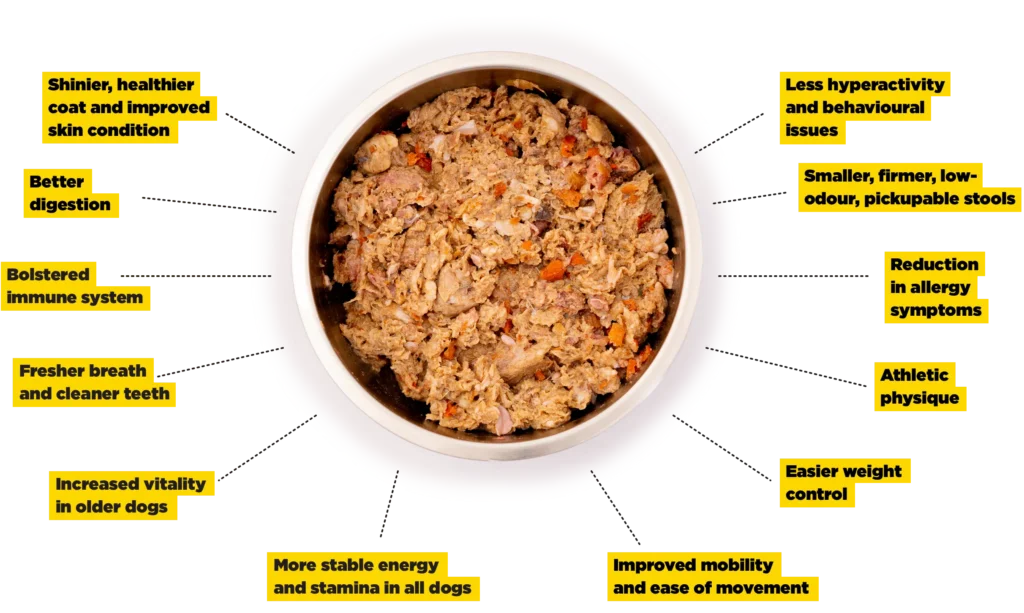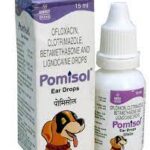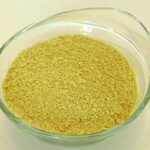Introduction
In the realm of pet care, ensuring our canine companions receive proper nutrition is paramount. Just as a balanced diet is vital for human health, the same applies to dogs. However, with the myriad of options available, selecting the right food for your furry friend can be overwhelming. Enter the world of health food for dogs – a realm where quality ingredients and balanced nutrition converge to support your pet’s well-being. In this comprehensive guide, we’ll delve into the importance of nutrition for dogs, explore the benefits of healthy food, and provide actionable tips for integrating it into your pet’s diet seamlessly.
Table of Contents
Understanding Canine Nutrition
Before delving into specific health foods for dogs, it’s crucial to grasp the fundamentals of canine nutrition. Dogs, much like humans, require a balanced diet comprising essential nutrients to thrive. These vitamins consist of proteins, carbohydrates, fats, vitamins, and minerals.

Each plays a unique role in supporting various bodily functions, from energy metabolism to immune system health. Proteins, sourced from meat, fish, and plant-based sources, are vital for muscle maintenance and repair. Carbohydrates, found in grains and vegetables, serve as an energy source. Fats, derived from oils and animal fats, are essential for healthy skin and coat. Additionally, vitamins and minerals, obtained from fruits, vegetables, and supplements, play key roles in bolstering immunity and supporting overall health.
The Rise of Health Food for Dogs
In recent years, there has been a noticeable shift towards prioritizing health and wellness in pet care. This trend has spurred the emergence of health-focused dog food options tailored to meet the nutritional needs of our four-legged friends. Unlike conventional dog food, which may contain fillers, artificial additives, and preservatives, health food for dogs emphasizes wholesome, natural ingredients.

One of the primary drivers behind the popularity of health food for dogs is pet owners’ desire to provide their furry companions with the same level of quality nutrition they would choose for themselves. This means opting for food free from artificial colors, flavors, and by-products and instead selecting products with high-quality proteins, whole grains, and nutrient-rich fruits and vegetables.
Benefits of Health Food for Dogs
The transition to healthy food can yield a myriad of benefits for dogs, ranging from improved digestion to enhanced overall health and vitality. Some of the important thing blessings include
Improved Digestion: Healthy food for dogs often contains high-quality ingredients that are easier to digest, reducing the likelihood of digestive issues such as gas, bloating, and diarrhea.

Healthy Weight Management: By providing dogs with a balanced diet rich in essential nutrients and free from excessive fillers and empty calories, healthy food can support healthy weight management and prevent obesity.
Enhanced Immunity: Nutrient-rich ingredients such as antioxidants, vitamins, and minerals help bolster the immune system, reducing the risk of illness and promoting longevity.
Healthy Skin and Coat: Essential fatty acids found in healthy food can contribute to healthy skin and a shiny coat, reducing the risk of dryness, itching, and other skin conditions.
Increased Energy and Vitality: A diet comprised of wholesome ingredients provides dogs with the energy and nutrients they need to thrive, promoting vitality and overall well-being.
Choosing Health Food for Your Dog
When selecting healthy food for your dog, it’s essential to prioritize quality and nutritional value. Here are some tips to help you make informed decisions:
Read the Label: Look for healthy food options with whole food ingredients listed at the top of the ingredients list, indicating a higher concentration of nutrient-rich foods.

Consider Protein Sources: Opt for health food products that feature high-quality protein sources such as chicken, beef, fish, and eggs, as these provide essential amino acids for muscle health.
Check for Additives: Avoid health food products containing artificial colors, flavors, and preservatives, as these additives offer little to no nutritional value and may have adverse health effects.
Consult with Your Veterinarian: Before making any significant changes to your dog’s diet, consult with your veterinarian to ensure the selected health food aligns with your pet’s specific nutritional needs and dietary requirements.

Transition Gradually: When introducing new health food to your dog’s diet, do so gradually to allow for proper digestion and minimize the risk of gastrointestinal upset.
Conclusion
In conclusion, prioritizing healthy food for your dog is a proactive step towards ensuring their overall health and well-being. By understanding the importance of canine nutrition, exploring the benefits of healthy food, and making informed choices when selecting products, you can provide your furry companion with the nourishment they need to thrive. Remember, a healthy diet lays the foundation for a happy, active, and vibrant life for your beloved canine companion.





























































